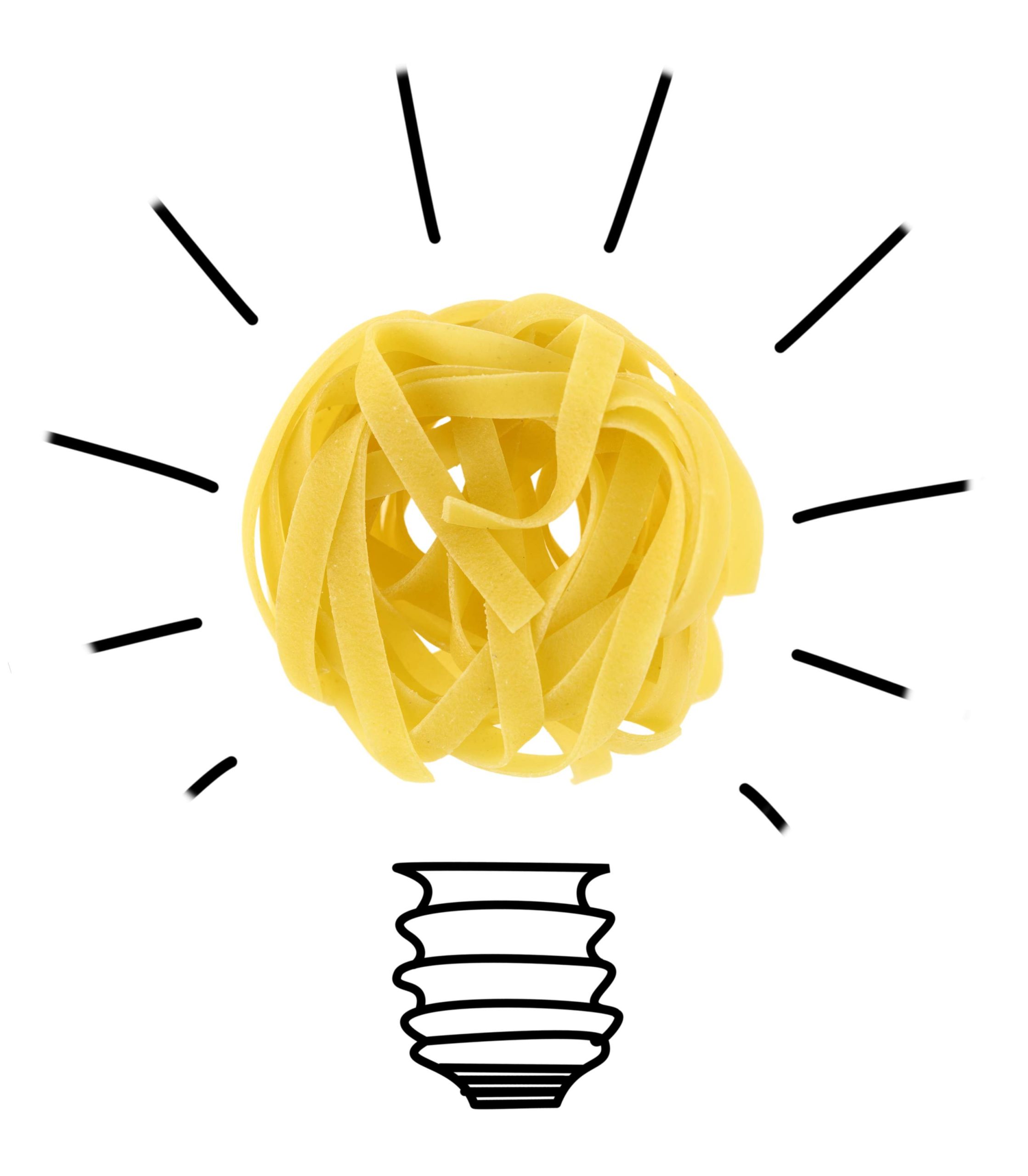You may have seen the pictures of longtime Cubs fan Bill Murray joyfully celebrating his team’s World Series victory in the stands field-side last week. But if you could look behind the lovably jubilant Murray, there was another guy in the pictures, a guy who looked oddly like … me.
I got thinking about doppelgängers after a friend posted the photo of Murray and “me” on my Facebook page, and I had to wonder: Why is it so fascinating, so amusing and unsettling, this concept of doubles that has inspired the likes of Freud and Nietzsche? I’ve wrestled with this and can’t quite figure it out.
But that fascination is why Mini Me in the “Austin Powers” movies is so funny. It’s why we find identical twins so intriguing. (Do they share special powers we non-twins can only fathom?) It’s why my friend Kate sent me a picture of her and a doll a co-worker had made to look like her. (Kate was wearing the same outfit she’d worn in the photo her colleague used to fashion the doll (it’s not as creepy as it sounds … said colleague makes the dolls for many others … and go to dgomag.com to see the photo and be amused yourself).
Doppelgängers have long been a point of anxiety for me. A week before the Murray photo, I was hanging with a friend of a friend in from Denver who at one point said, “Do you know who you look like?” I just thought, “Oh God, who’s it going to be this time?”
When people say I look like someone famous, it’s consistently been the same handful of actors for the last 15 years. And the comparison is never good. The person they say I look like is never the cool, good looking guy, always the goofy weirdo, the unsettling creep. My celebrity doppelgängers tend be disturbing uncles and variations of hunchbacks, never the handsome hero or the charming aristocrat, but actors who play bumblers and carny-barking shysters.
Here’s the rundown: Chris Elliot, known for his ’90s sitcom “Get a Life,” but even better known for playing the guy with the sore-covered face in “Something About Mary.” Or Mike White, who I first saw in the film “Chuck and Buck,” about two friends who must confront their shared sexual history of performing activities with one another as kids, words that rhyme with Chuck and Buck. Or the tall, non-Joe Pesci burglar in “Home Alone,” also know as Daniel Stern. (I would much rather sound similar to Stern, who provided the uncredited voice of the narrator on TV’s “The Wonder Years.”)
I used to get Al Gore, back when he was a thing and I was a bit heavier myself. One time on a cruise, I walked onstage for some karaoke wearing a black suit – it was formal night – and someone yelled, “Welcome, Satan.” Again, never flattering.
While celebrity doppelgängers are fine and amusing, it’s the real-life doppelgängers who are so intriguing and unnerving. Because you have to wonder where the resemblance ends. I imagine Bill Murray’s photo bomber goes home to a similar one-bedroom apartment with sparsely-hung pictures on the wall in the same spots I do. And the subject matter is oddly similar (I have a picture of a buffalo on a prairie; he has a framed CU Buffs football jersey). And maybe he also sits on the ottoman to put his shoes on in the morning and has a hard time putting used coffee mugs in the dishwasher, too.
Perhaps our fascination with doppelgängers is about our eternal quest to achieve immortality, whether through look-alike dolls, or simply the fantasy that if someone who looks, acts, sounds and thinks like us exists now, perhaps one always will.
Psychologists have argued that our fascination with our own doppelgängers is a version of narcissism, akin to admiring that mirror in your hand. I can see that, but it can also do the opposite, making us realize that we are one of many, that we’re not as unique as we’ve been led to believe, that we’re more similar to our fellow humans than we are different.












